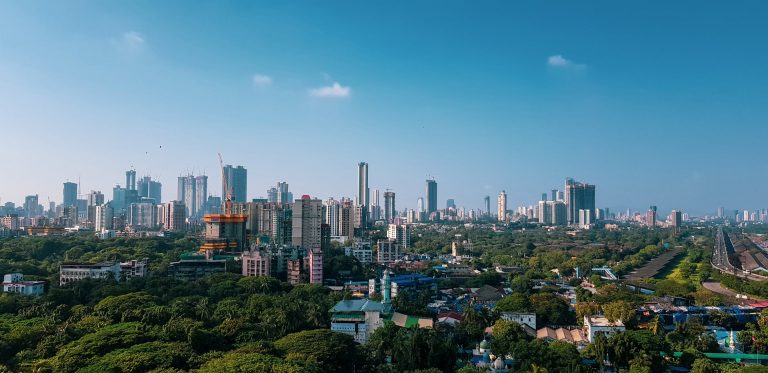The real estate market in India is always changing. In 2024, there are some new real estate market trends in India shaping how people buy and sell property. These trends are influenced by government rules, economic conditions, new technologies, and what people want in their homes. Understanding these trends can help you make better decisions, whether you are buying, selling, or investing in real estate.
1. Demand for Affordable Housing
Co-living spaces are getting popular, especially among young people and professionals. These are places where people share living spaces to save money and enjoy community life. Cities like Bangalore, Pune, and Hyderabad are seeing more co-living spaces because many IT workers and students live there.
2. Co-living and Shared Spaces
Co-living spaces are getting popular, especially among young people and professionals. These are places where people share living spaces to save money and enjoy community life. Cities like Bangalore, Pune, and Hyderabad are seeing more co-living spaces because many IT workers and students live there.
3. Growth of Smaller Cities
Big cities like Mumbai, Delhi, and Bangalore have always been popular for real estate. Now, smaller cities like Ahmedabad, Indore, and Kochi are also becoming popular. These cities have lower property prices, better infrastructure, and a good quality of life. The government’s Smart Cities Mission is helping to develop these smaller cities.
4. Technology in Real Estate
Technology is changing the real estate market in many ways. People can now take virtual tours of homes, book properties online, and use apps to find houses. Builders are also using smart home technologies like IoT devices to make homes more modern and convenient.
5. Green and Sustainable Buildings
Sustainability is a big trend in real estate. Builders are making eco-friendly homes to reduce the environmental impact. These homes have features like rainwater harvesting, solar panels, and better waste management. People are becoming more aware of the need for sustainable living and prefer eco-friendly homes.
6. Commercial Real Estate Investment
The commercial real estate market is growing fast. Office spaces, retail stores, and warehouses are in high demand, especially in cities like Bangalore, Hyderabad, and Chennai. The rise of online shopping has increased the need for warehouses. Investors like commercial properties because they offer good returns and steady rental income.
7. Government Policies
Government policies greatly affect the real estate market. Rules like the Real Estate (Regulation and Development) Act (RERA), Goods and Services Tax (GST), and the Benami Transactions Act have made the market more transparent and trustworthy. These policies help protect buyers and make the process of buying and selling property smoother.
8. Economic Conditions
The economy plays a big role in the real estate market. When the economy is doing well, people have more money to buy homes, which increases demand. But if the economy is not doing well, fewer people buy homes, and prices may not rise as much. Watching economic trends can help you understand where the real estate market is heading.
9. Changing Preferences
People’s preferences for homes are changing. They want homes that offer a good quality of life with access to parks, schools, and workplaces. There is also a growing demand for communities that offer a sense of security and shared amenities like gyms and playgrounds.
10. Seasonal Trends
Property prices can also be affected by the seasons. For example, during the festive season like Diwali, more people buy homes because it is considered lucky. In contrast, the rainy season can slow down construction and sales. Knowing these patterns can help you decide the best time to buy or sell a property.
Conclusion
The real estate market trends in India are constantly evolving. By keeping up with these trends, you can make better decisions whether you are a buyer, seller, or investor. The market is influenced by government policies, technology, and changing preferences, so staying informed is key.





